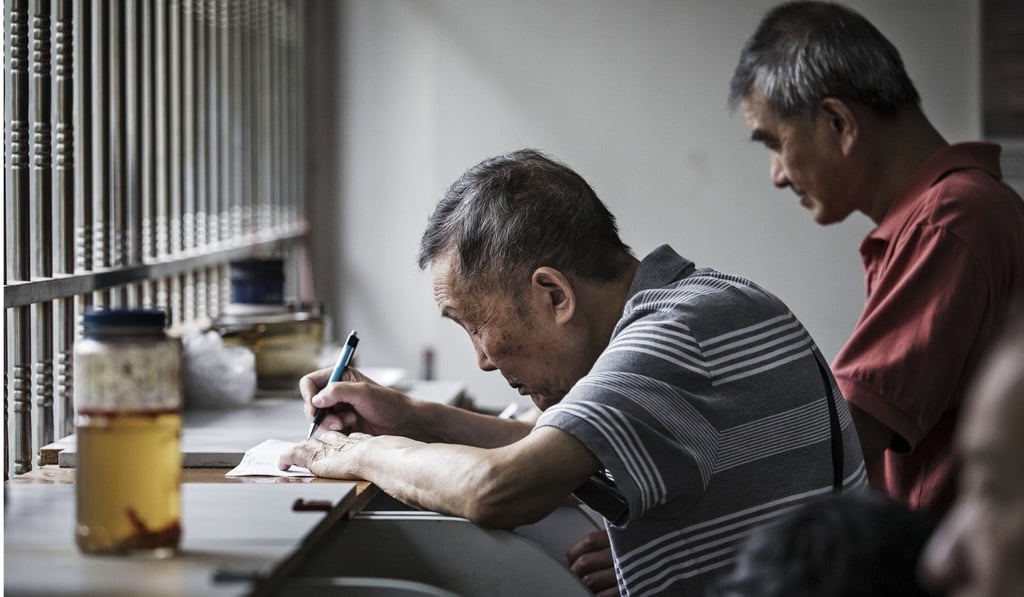Across The Border | China’s IPO bonanza loses lustre as returns dwindle
New share listings in mainland China are no longer a guarantee of windfall returns as mainland authorities embrace reforms

China’s initial public offering shares are losing their appeal.
Average returns from buying IPO shares have dropped by at least a third from earlier in the year, according to Guotai Junan Securities. Meanwhile, a gauge compiled by the Shenzhen Stock Exchange to measure the performance of new listings on the bourse fell to a record low this month.
A jump in the size of IPO share sales this year and record fines administered by the securities regulator to investors have crushed windfall returns from what was once among the world’s most profitable equity bets.
The China Securities Regulatory Commission has approved more new shares sales and stepped up its crackdown on market excesses. The developments follow President Xi Jinping call to let equity financing support more of the economy and prevent systemic risks in financial markets.

The values of IPO sales on the Shanghai and Shenzhen exchanges total US$23.1 billion so far this year, on track to exceed the US$23.8 billion raised for the whole of 2016, according to data compiled by Bloomberg. The number of new listings have risen to 301 this year, compared with 226 in 2016, the data showed.
